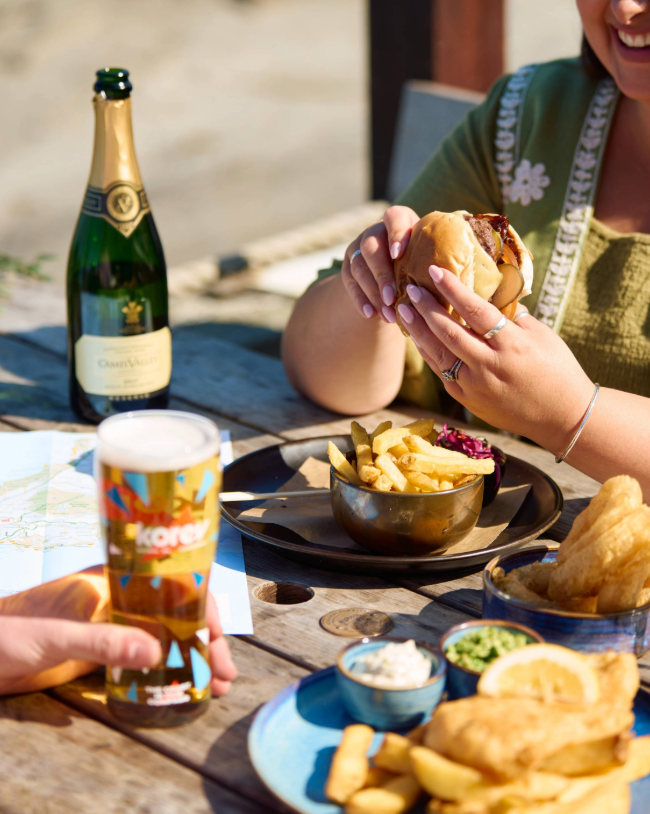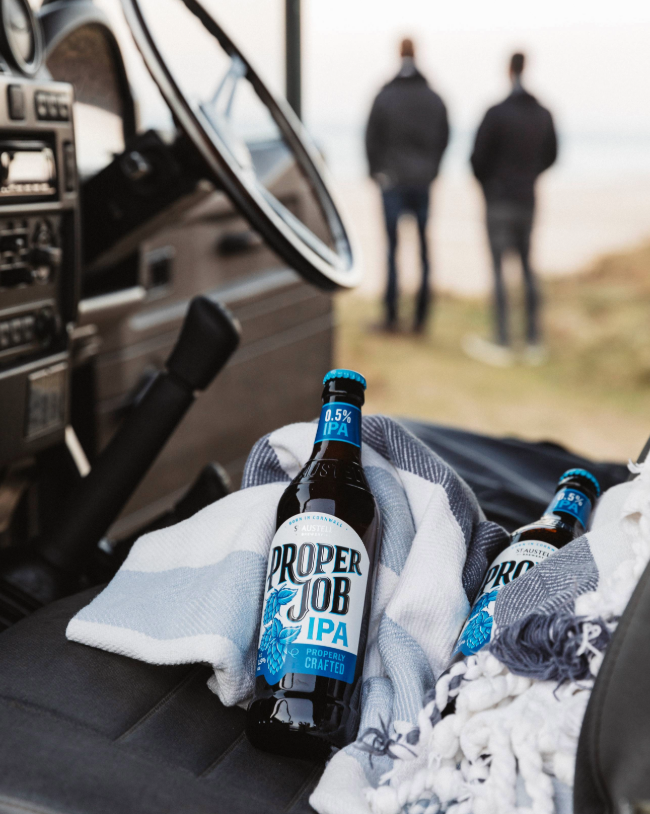SUSTAINABILITY
Rooted in tradition, driven by purpose. We’re crafting a brighter future for generations to come.
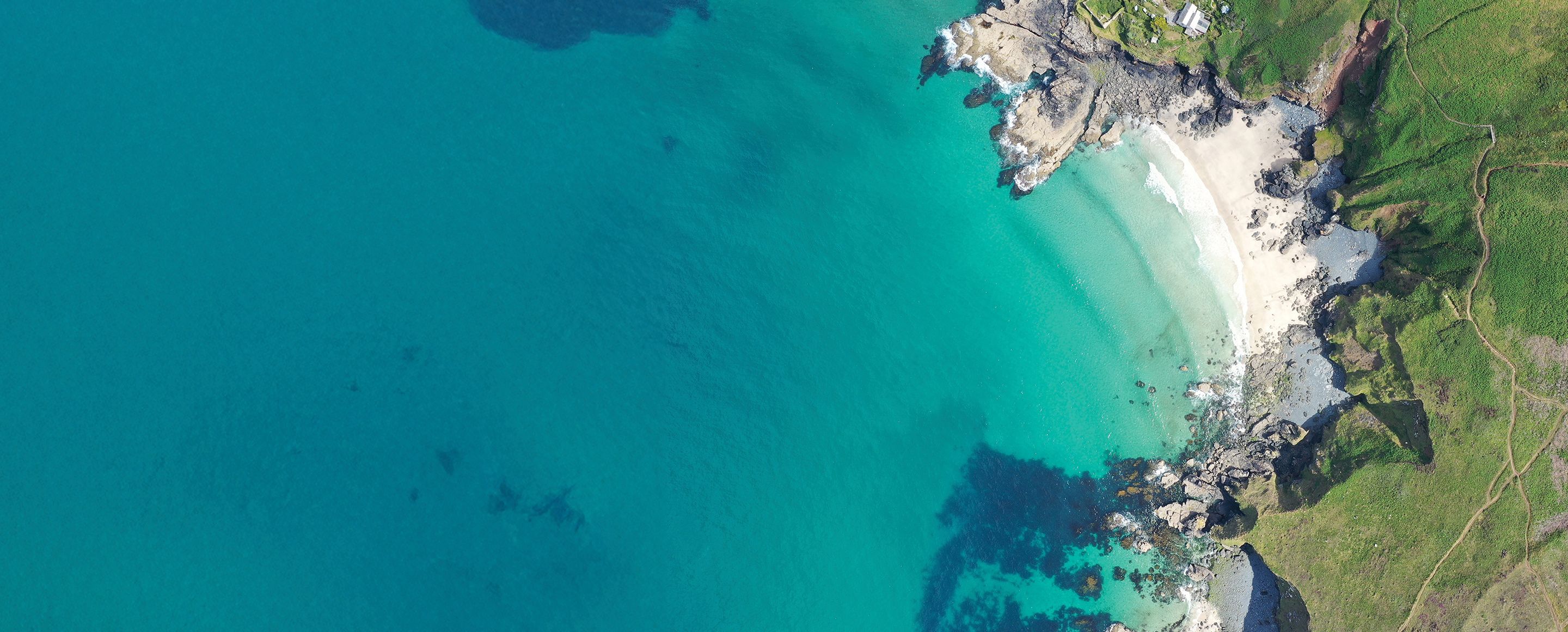

CRAFTING A BRIGHTER FUTURE
We’re proud of our heritage and passionate about protecting our future. Our sustainability strategy, Crafting a Brighter Future, puts people, places and partnerships at the heart of how we do business. With ambitious goals and real action already underway, we’re focused on building a thriving South West for generations to come.
We've been recognised at the Green Awards UK
We’re thrilled to that we have been scooped the Excellence in Waste Management award at this year’s Green Awards UK!
The awards celebrate organisations across the country that are leading the way in environmental responsibility and sustainable innovation. Shining a spotlight on businesses, teams and individuals who are making a tangible impact through creative, the Green Awards champion forward-thinking approaches to sustainability and we’re delighted to have been recognised.
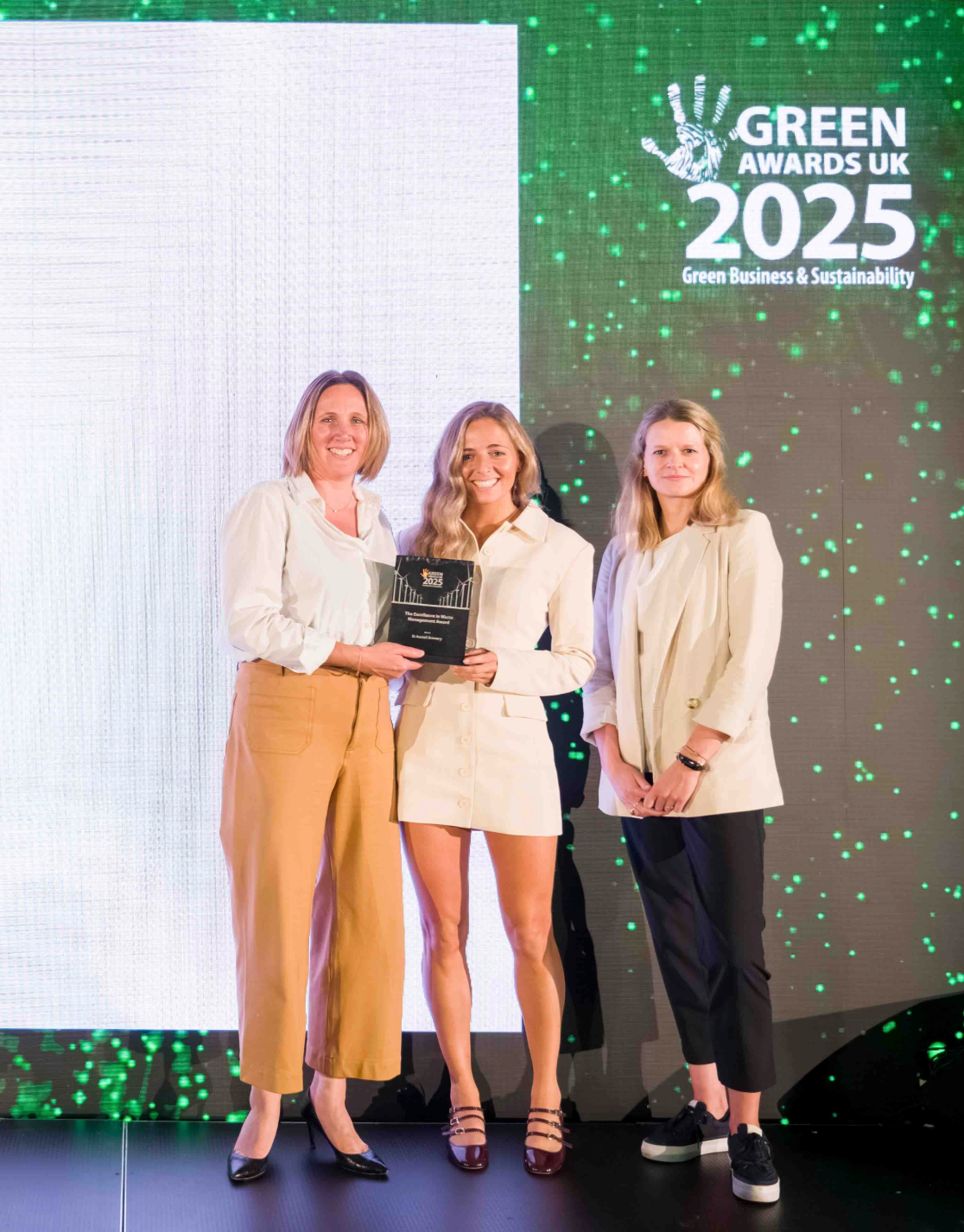
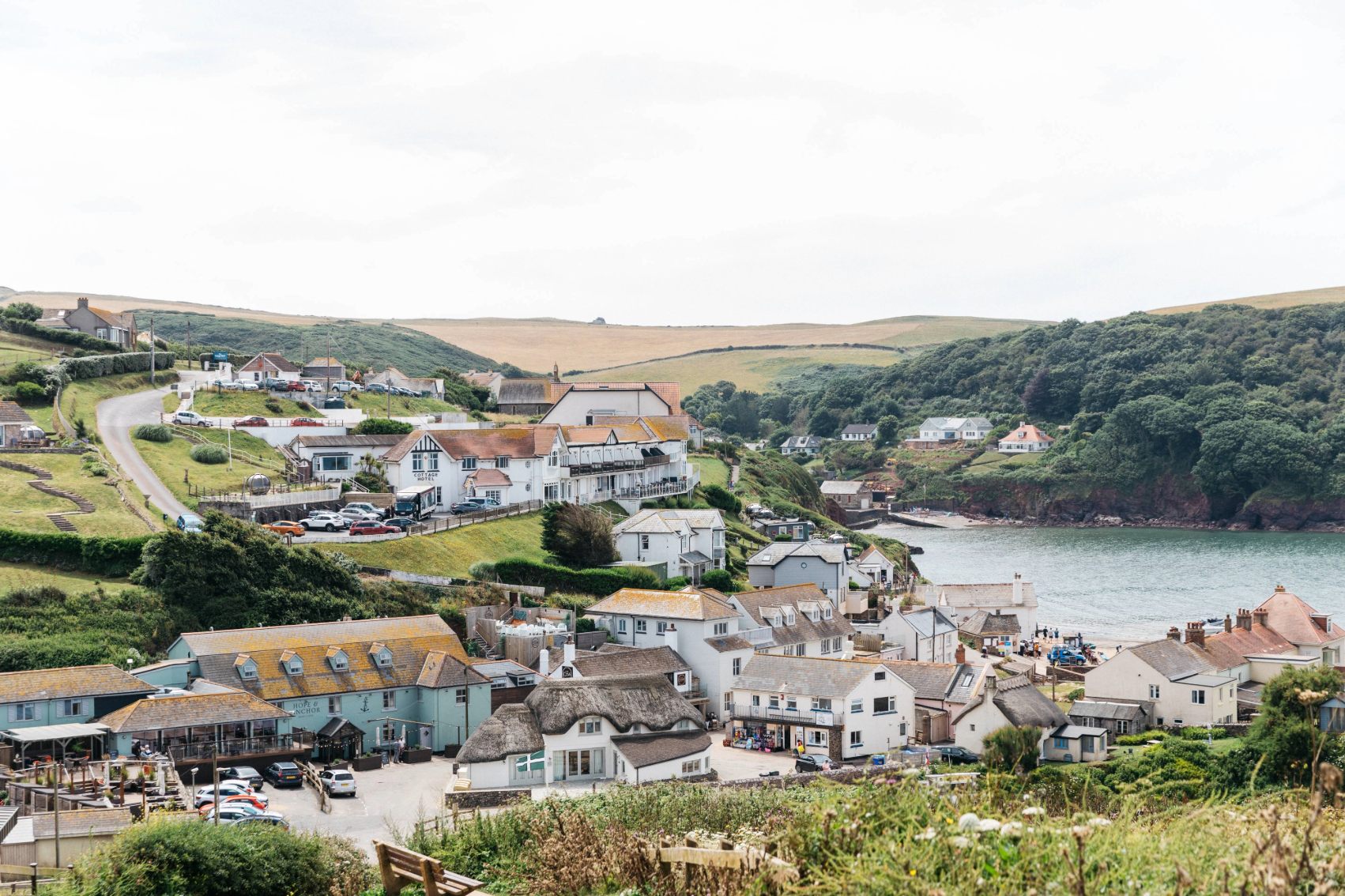

PROTECTING PLACES THAT INSPIRE
Protecting Places is about reducing our environmental impact where it matters most. We rely on the environment to deliver great experiences, so we have a responsibility to protect it. Surrounded by natural beauty worth preserving, our four priorities include carbon and energy, water, packaging and waste, and nature and biodiversity to help safeguard these special places for the future.
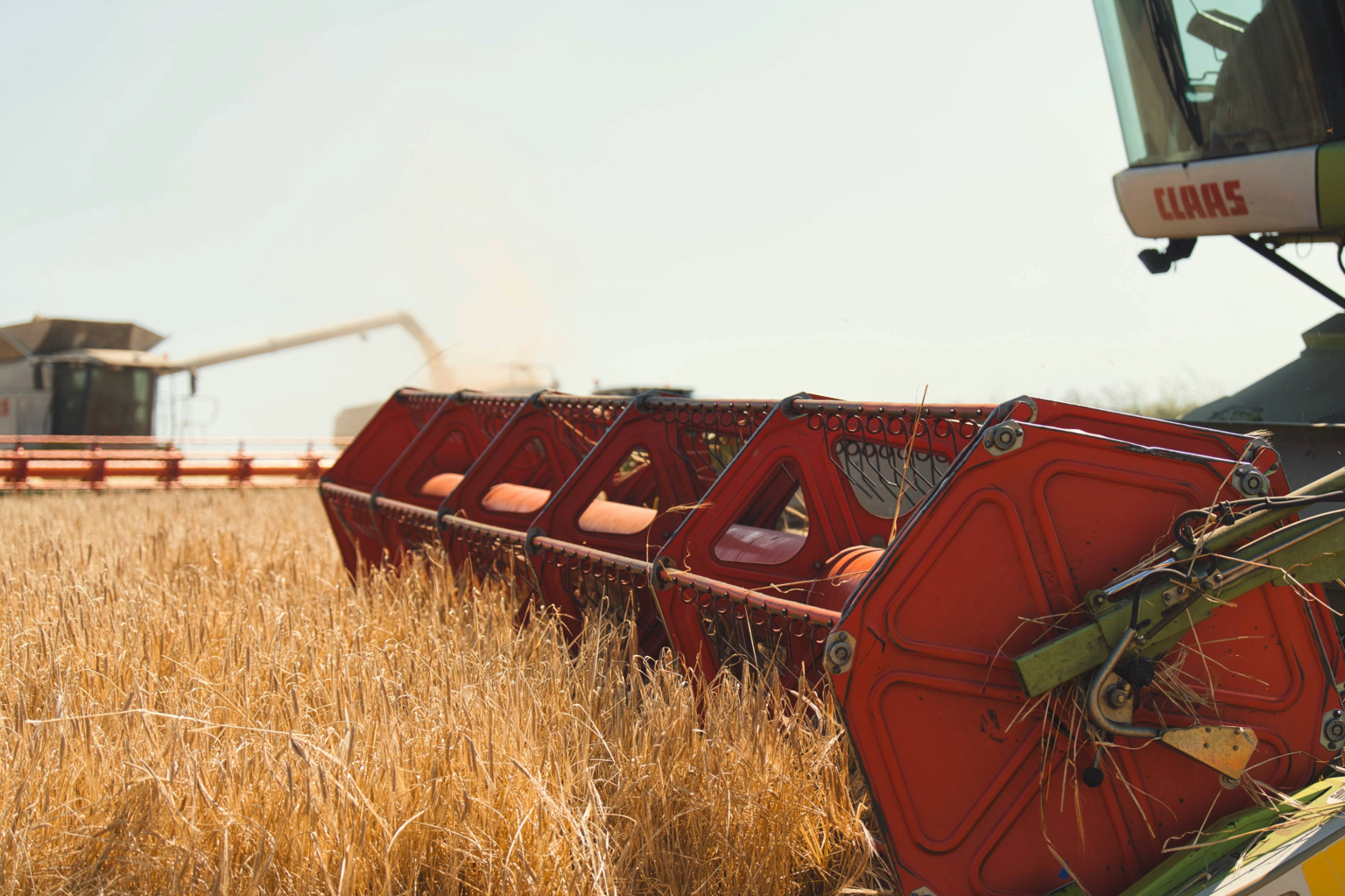

CELEBRATING PARTNERSHIPS THAT MATTER
Partnerships power our progress. From local suppliers to pub operators, we know we’re stronger when we work together. We don’t compete on climate – we collaborate for impact. This pillar focuses on building meaningful, lasting relationships that create shared value. Our four Priorities are supply chain management, charitable giving, business partners, and our food and beverage offering.
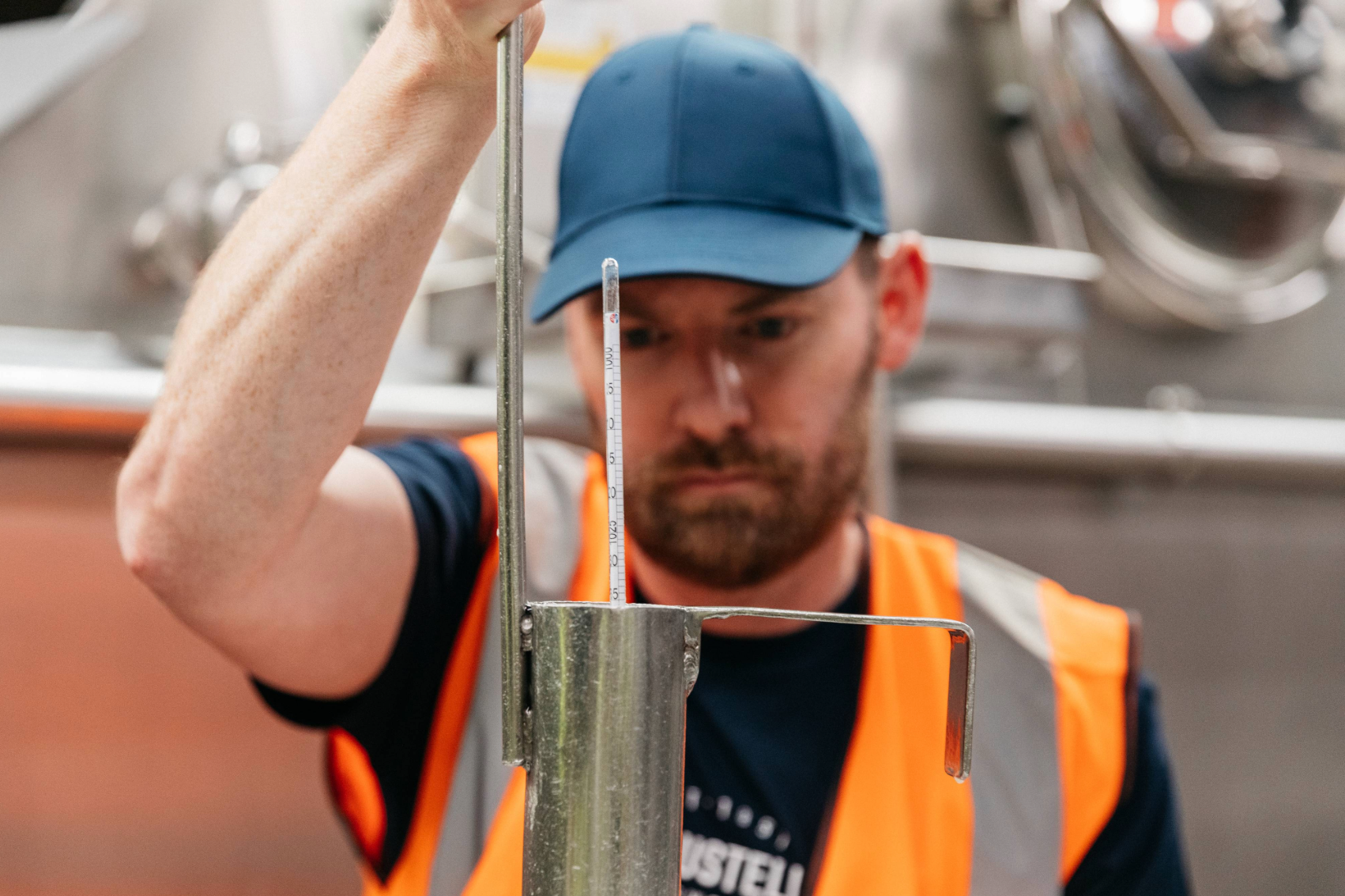

CHAMPIONING PEOPLE WITH PASSION
People are at the heart of a sustainable future – from our teams to the guests we serve. Championing People is about creating a fair, inclusive and empowered culture that drives long-term impact. Our four priorities are learning and development, employee engagement, equity, diversity and inclusion, and brand experience – because sustainability starts with people.
BE PART OF SOMETHING BIGGER
Whether you’re pulling pints behind the bar, delivering orders to our pubs, crafting bold new beers in the small batch brewery, or leading a team to success – every role plays a vital part in creating something meaningful. Together, we’re not just keeping things running; we’re building a legacy rooted in warmth, quality, and genuine connection. It’s about the moments we create, the standards we set, and the pride we take in being part of something bigger than ourselves.
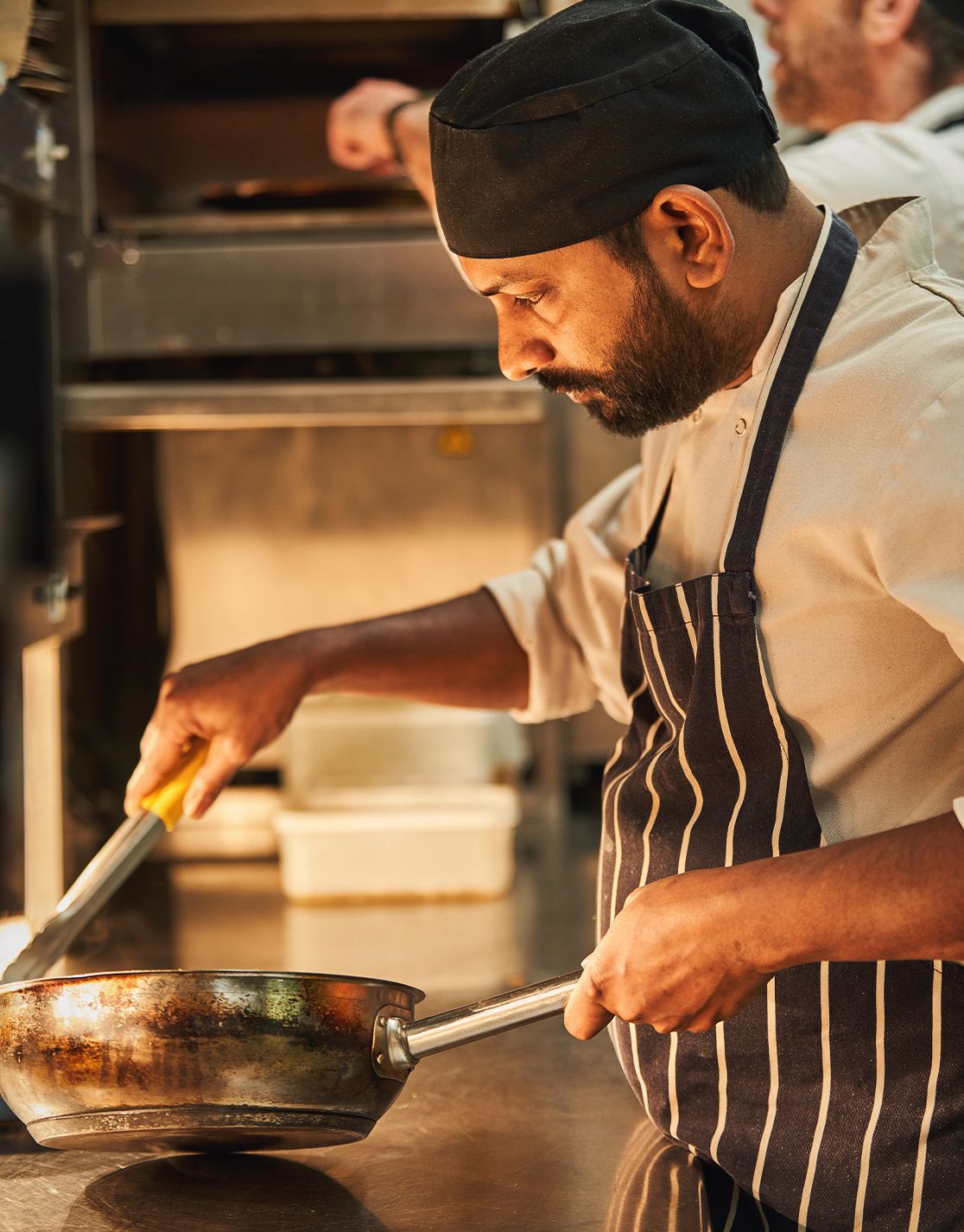
LATEST NEWS
From fresh beer releases and new pub openings to community stories and inspiration for your next South West adventure – discover the latest from St Austell Brewery on our blog.
Not found articles
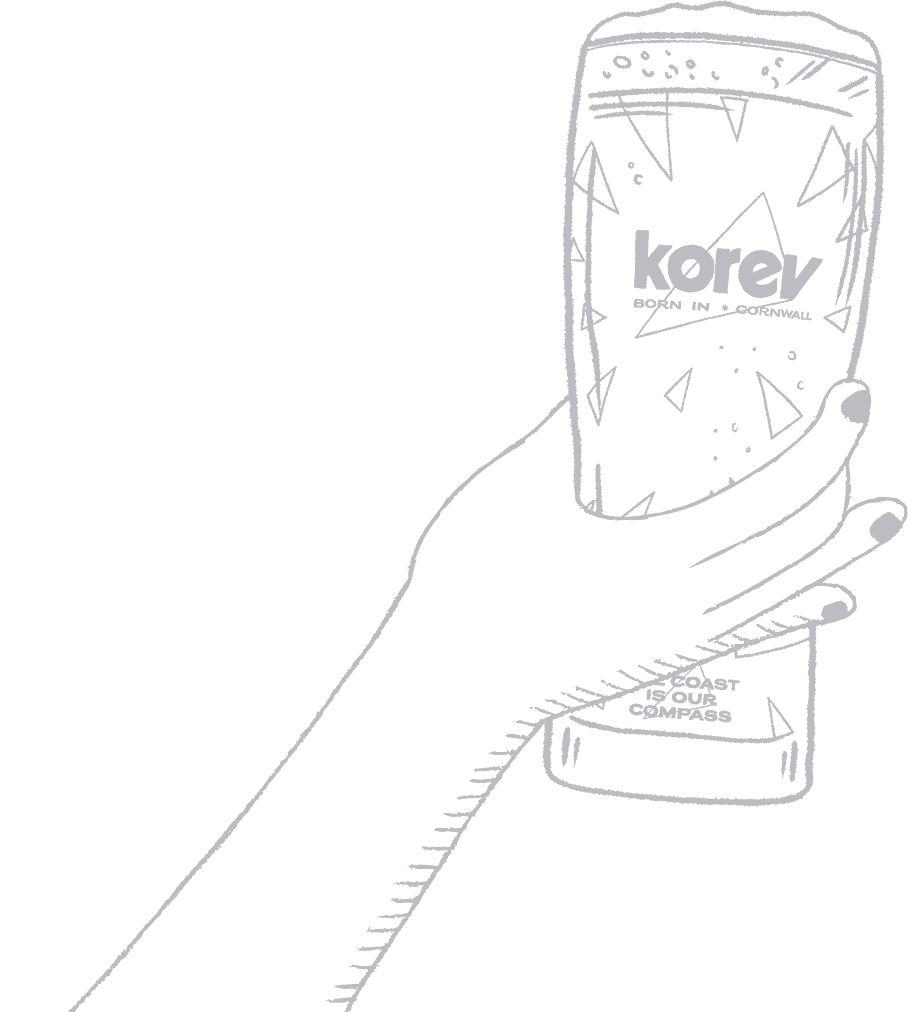
Keep up to date with all things St Austell Brewery
From pubs to pints and brews to latest news, sign up to receive personalised updates from the South West.

